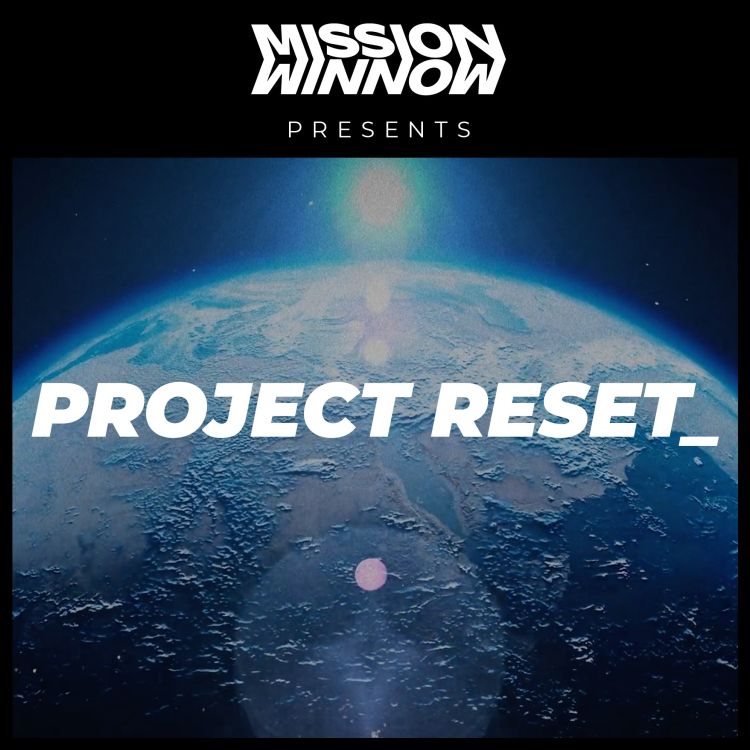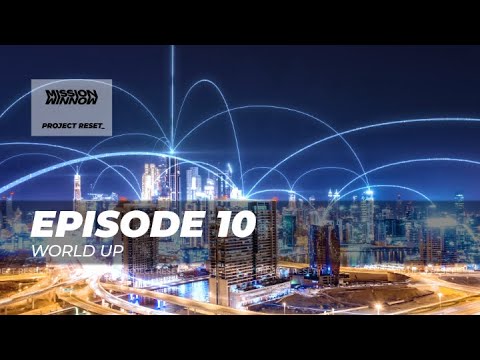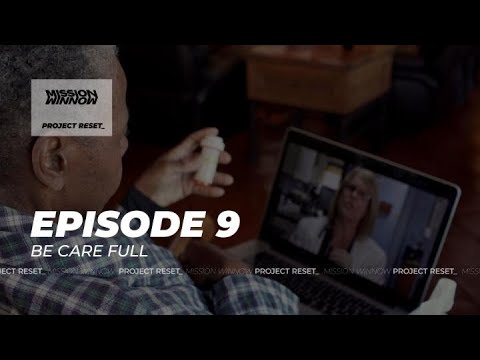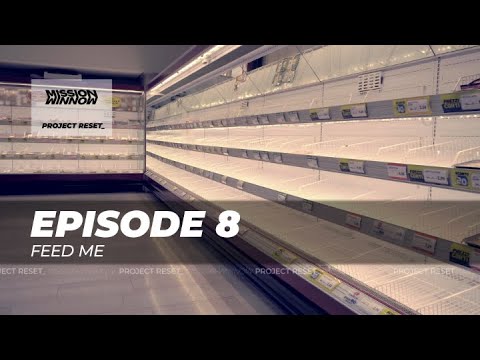Are we OK?
3 min read
In many ways, the Covid-19 pandemic brought the world into a standstill and with it, our day-to-day lives. This obviously had an impact on everything, especially our mental health. But what has this time meant for everyone? Many have noticed the positive effects of slowing down, taking stock, and connecting “back to basics”, while many others were forced to face their own anxieties and fears.
Discussing what we can learn from this and how it might shape our future, presenter June Sarpong joins Clinical Psychologist Dr. Joy Harden Bradford, Physicist Laura Winterling and PMI’s CCO Stefano Volpetti for a new episode of Project Reset focused on mental health.
Now that restrictions are beginning to lift, one thing is clear: it has been hard, but it has also been useful in teaching us the systems that need to be in place for us to be able to rebound as a society, as well as the importance of having a plan. And this plan doesn’t necessarily have to come from others. We can create our own plan, and allocate time to check in with ourselves and make sure we’re ok.
Slowing down has actually given us the opportunity to sit down and ask ourselves if the place and time we’re at right now really is where we want to be. That’s a question that we often ignore as we’re caught up with busy routines, but now it appears we have no choice but to take stock and perhaps reorganize our priorities to make sure we’re looking at what really matters.
Mental health is just as important as physical health, but discussing is many times, if not always, is considered taboo. That’s the first thing that needs to change. As a society, we need to be more open to help us help each other and understand that action needs to be taken, not only when there is a spike, but every time. And right now, the pandemic has given us the best chance.
It has also made us more human. We have been able to recognize that our friends, our relatives, our coworkers and even our employers also have many different roles: mothers, fathers, caretakers, etc. Seeing this has brought us closer, and it has also generated more empathy than ever before.
People are waking up to issues that have impacted different communities for generations, and are now looking for ways to raise awareness and implement change. For some it’s about creating equal opportunities, for others it is about raising awareness and having discussions on a personal level. The key is taking the time to reach out to people and check-in, because in times of need is when we often realize that we’re social beings and we need to be in contact with others to be able to survive.
Now, more than ever, we have realized that there are two major things that are non-disposable: health and family, and reevaluating those two things is a massive enabler of mental
health. Creating routines that enable you to make those things a central part of your day-to-day life regardless of what happens in the rest of the day is fundamental. And all this can start now.




